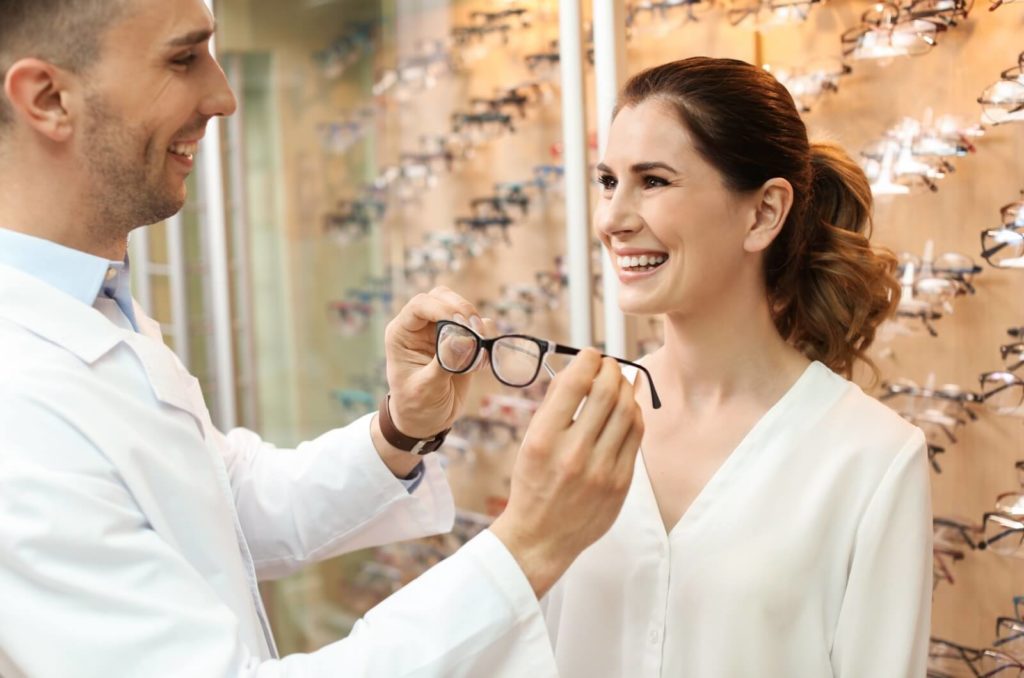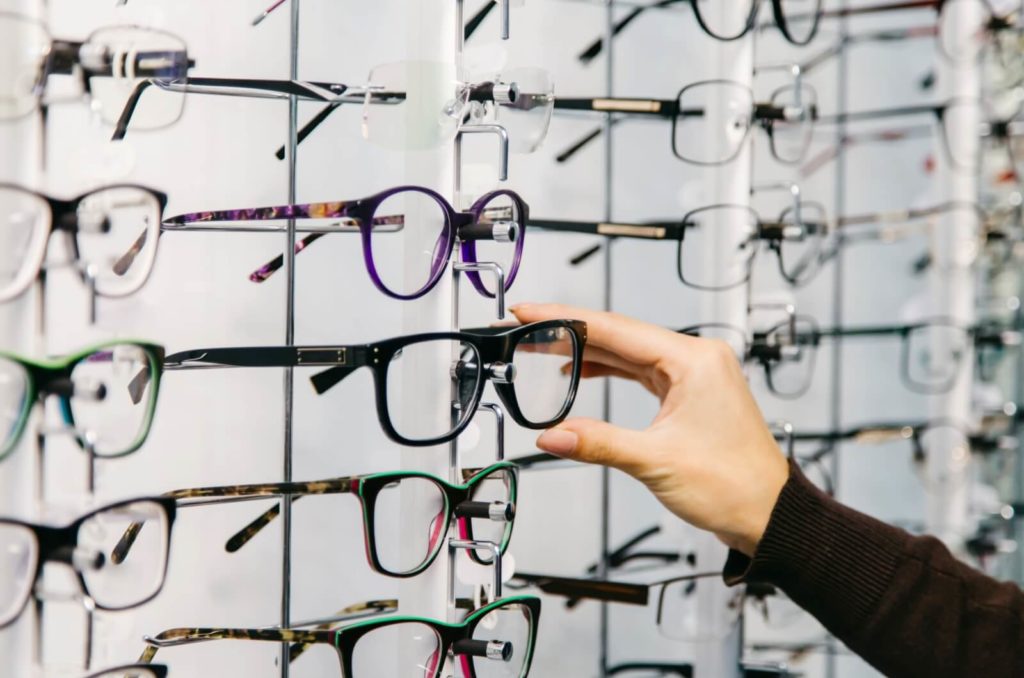Making the right choice is essential for something as crucial as your vision. When considering where to purchase your glasses, buying from your optometrist offers several compelling advantages. They can provide personalized service and experienced fitting, helping to ensure optimal comfort and vision. Their extensive knowledge of your eye health and prescription means they can recommend the best lenses and frames tailored to your needs.
By purchasing directly from your optometrist, you can access higher-quality products and ongoing support for possible adjustments or issues. Investing in eye care through your optometrist ensures you prioritize your vision and overall health.
Does It Matter Where You Get Your Glasses?
The place you choose to buy your glasses impacts not just the quality but also the longevity of your eyewear. When you purchase from an optometrist, you’re engaging with professionals who understand the intricacies of eye health. They can help ensure that your prescription is accurate and that the lenses meet your needs—a personalized approach that is hard to find when shopping online or in generic retail stores.
Buying glasses directly from your optometrist can:
- Give you customization options often lacking in online outlets, like specialized coatings, anti-glare or blue light filters.
- Ensure a good fit. You’re more likely to receive glasses that fit well and feel comfortable, reducing the chance of future eye problems.
- Support a local business and contribute to your community’s economy. It’s more than just a transaction; it’s a step towards ensuring that your eyewear aligns with your lifestyle and values.
Is There a Difference in Quality?
There’s more to eyewear than meets the eye (pun intended). While cheaper glasses might be tempting due to their price point, they often compromise quality. Quality, brand-name glasses, although pricier, usually offer superior materials, better craftsmanship, and enhanced durability. But what exactly makes them different?
Quality frames are often made from durable, wear-resistant materials such as titanium or acetate. A cheaper frame from a generic big box store or retailer may be crafted from less durable plastics that can break or warp over time, leading to additional costs for repairs or replacements.
With lenses, quality options often provide better optical clarity and include innovative coatings. These coatings might protect against UV rays, reduce glare, or resist scratches. Investing in these features can significantly improve your visual experience and prolong the life of your glasses.
Furthermore, choosing higher-quality products usually means choosing better warranties or customer service options. If something doesn’t work as expected or needs to be adjusted, your optometrist can work directly with you and/or the manufacturer to make adjustments without extra cost.
How Can You Tell If Glasses Are Good Quality?
Determining the quality of glasses and lenses involves checking several aspects, such as:
- Overall construction. A quality pair of glasses will feel solid when you handle them. The screws and hinges should be secure and operate smoothly without feeling flimsy. If something feels off, it usually is.
- Materials. Quality plastic frames should have a smooth finish with no rough edges, while metal frames should be corrosion-resistant.
- Lenses. Good ones will be free from distortion when looking through them. They should be durable, with particular coatings or enhancements suited to your lifestyle, like scratch resistance or responsiveness to light changes.
- Weight. While heavier is not always better, extremely lightweight frames might indicate poor-quality materials.
- Coatings. Quality lenses will often include multiple coatings for various protections.
- Health & safety regulations. In Canada, standards and regulation are in place to ensure the quality of eyewear. A reputable optometrist ensures that your glasses meet these strict standards and are made with safe materials.

All About Buying Glasses
Choosing where to buy your glasses is a significant decision that impacts your vision and style. While online options offer convenience, purchasing from an optometrist helps ensure quality, experience, and personalized care. From comprehensive eye exams to curated lenses, optometrists prioritize your eye health and comfort.
How Do Optometrists Determine If You Need Glasses?
A comprehensive eye examination assesses various aspects of your vision and eye health. Optometrists evaluate your eyesight using various tools and tests, from reading charts to using innovative technology. These tests help determine your prescription and whether you need corrective lenses.
During the exam, the optometrist will check for refractive errors, like myopia or hyperopia, which affect your ability to see clearly. They will also check your eye coordination and muscle function, ensuring your eyes work well together.
Another critical part of the exam is checking your eye health. Optometrists look for signs of common conditions, such as glaucoma or cataracts, which can impact vision. Early detection is key; regular check-ups can help catch potential issues before they become serious problems.
What Is the Difference Between an Optician and an Optometrist?
The distinction between an optician and an optometrist lies in their roles and expertise.
- Optometrists are healthcare professionals who perform eye exams, diagnose vision problems, and prescribe corrective lenses. Their extensive training and education allow them to provide comprehensive eye care.
- Opticians focus on fitting and dispensing eyeglasses. They interpret optometrists’ prescriptions and help you select frames and lenses that suit your needs. While they play a crucial role in eyewear, they do not diagnose or treat eye conditions.
While opticians are skilled at ensuring your glasses fit well, optometrists offer a more holistic approach, addressing eye health and eyewear.
Can You Buy Glasses Without an Exam?
While buying glasses without a recent exam is possible, it’s generally not recommended. Your visual needs can change over time, and an outdated prescription might not adequately correct your vision, leading to strain or discomfort.
A comprehensive eye exam not only determines the current state of your vision but also checks for underlying health issues that could affect your eyes. Buying glasses without a recent exam increases the risk of getting incorrect lenses, which can cause headaches and further eye problems.
How The Eye Care Team Can Help
By opting for an optometrist, you support local businesses and gain access to a community of professionals dedicated to enhancing your visual experience. Your eyes deserve the best, and investing in quality eyewear is a step towards safeguarding your vision.
Visit The Eye Care Team to explore the benefits of purchasing from an optometrist. Whether you’re renewing an old prescription or trying glasses for the first time, we can guide you through the process and ensure that you find the perfect pair of glasses that align with your needs and lifestyle.



